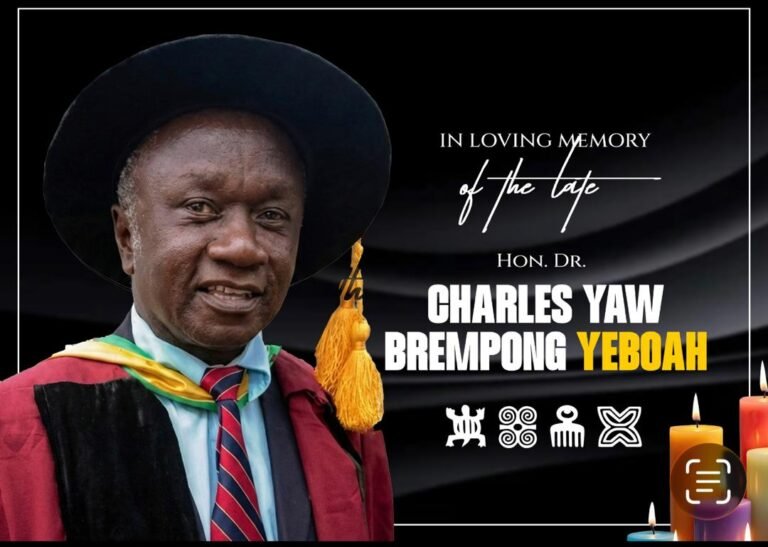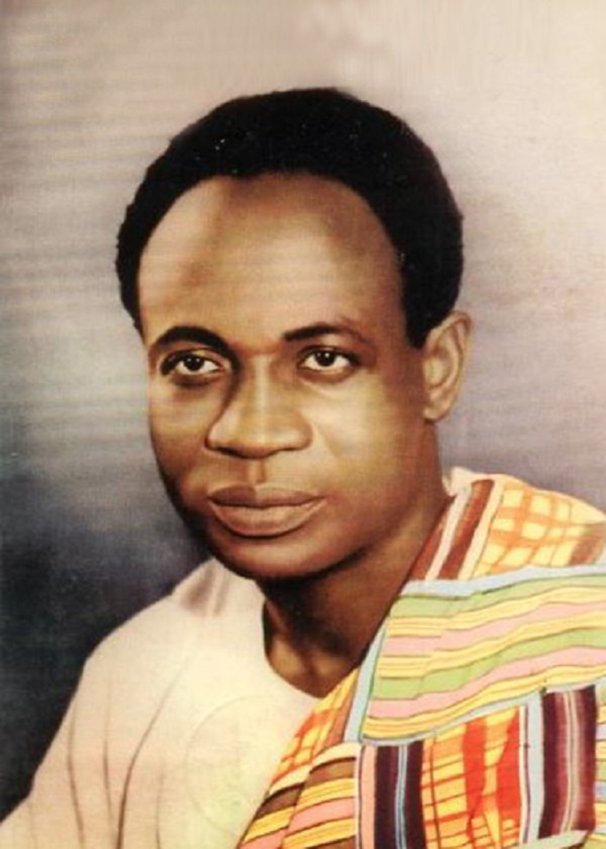
Godfred Yeboah Dame, Minister of Justice & Attorney-General

The Oslo Court of Appeal, Norway, has dismissed an appeal against Ghana instituted by Messrs Jongsbru AS, sellers of a property identified by country for use as a Chancery in Oslo in 2018.
The court, after a trial, held that none of Ghana’s representatives in the transaction, as well as Ghana’s lawyer at the time of the transaction, had authority to conclude a binding agreement between Ghana and the sellers. The court held that in view of that “Ghana will be acquitted of the lawsuit by Jongsbru AS”.
The dismissal of the appeal was unanimously made by three Justices of the Appeal Court, namely Pal Morten Andreassen, Irene Sogn and Rolf Ytrehus.
After a retrial of the case, the Oslo Appeal Court held Ghana to be “fully acquitted of all liability”, and concluded that “a purchase agreement to which Ghana was a party could not be said to have been completed between the parties”.
Facts of case
In 2018, Ghana decided to establish an embassy in Norway, for which Parliament approved the grant of funds, as well as other missions around the world.
A delegation of four Ghanaian officials was appointed to go to Norway to carry out the necessary practical and administrative preparations for the establishment of the embassy. Among the preparations to be made was the acquisition of a Chancery building, either by purchase or lease.
The Ghanaian delegation identified a number of properties, including Sigyns Gate 3 at Frogner in Oslo, the property which became the subject matter of the litigation in the District Court of Norway.
For legal assistance, Ghana hired a lawyer, Mikkel Vislie, from the Law Firm of Selmer.
Original trial, ruling
The Oslo District Court, in its judgement on December 16, 2021, said the binding competence lay with Ghana’s Minister of Foreign Affairs, in accordance with Section 20 of the State Property and Contracts Act of 1960.
Under Ghana’s law, the Procurement Board must agree on the purchase of the property and the application of funds must also be approved of by the Minister of Finance. The Minister of Foreign Affairs must also either personally execute the agreement for the purchase of the property or authorise another competent person by a power of attorney to execute the agreement.
The court found that neither the charge d’affaires of Ghana at the time, Mrs Appiah-Sam, nor Ghana’s lawyer, Mikkel Visllie, had authority to enter into the agreement on behalf of Ghana.
“There was thus no valid or binding agreement between the sellers of the property and Ghana. In the circumstances, Ghana will be fully cleared of any liability to Jongsbru arising from the transaction and awarded procedural costs of one million, seven hundred Norwegian Kronner,” the judgement stated.
Court of Appeal ruling
The Oslo Court of Appeal dismissed the appellant’s case in its entirety as unfounded, and ordered it to pay to Ghana 1.5 million Norwegian Kroner, which is approximately $150 000 as compensation for procedural costs incurred before the Court of Appeal.
It further ordered Jongsbru to pay to Ghana 1 million Norwegian Kroner (approximately $100 000) for procedural costs incurred before the Oslo District Court.
The Court of Appeal observed that a prerequisite for the appellant’s claim was that the company had incurred economic loss as a result of Ghana’s decision not to finalize the sale.
The court ruled that the appellant did not incur any such economic loss. It argued that on a proper application of the principles of offer and acceptance, Ghana could have withdrawn from the agreement (even if it was binding), as all conditions necessary for the performance of the contract had not been satisfied.
Satisfaction
Meanwhile, the Attorney-General and Minister of Justice, Godfred Dame Yeboah, has expressed satisfaction with the outcome of the appeal, and hoped that it would mark the end of the dispute.
Mr. Dame explained that, under Norwegian civil procedure rules, any civil judgment of the Court of Appeal may be appealed to the Supreme Court, but the hearing of the appeal is not as of right.
He said a panel of three Supreme Court judges must first determine whether to allow the appeal to be heard by the Norway Supreme Court and explicitly allow same to be heard before the court will be required to consider or hear it and then proceed to give a judgment on it.
The AG noted that if the panel does not allow the appeal to be heard, the appeal terminates without any further processes at the Supreme Court.
“The ground on which the Norwegian Supreme Court will hear an appeal is where a new and major issue of law is raised in the matter and the court feels obligated to give legal clarity on the position. The Norway Supreme Court does not hear an appeal on matters concerning the facts or evidence in a civil matter,” he added.




